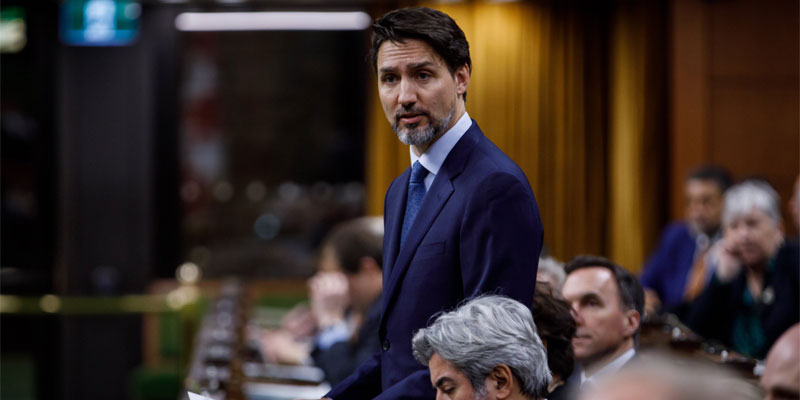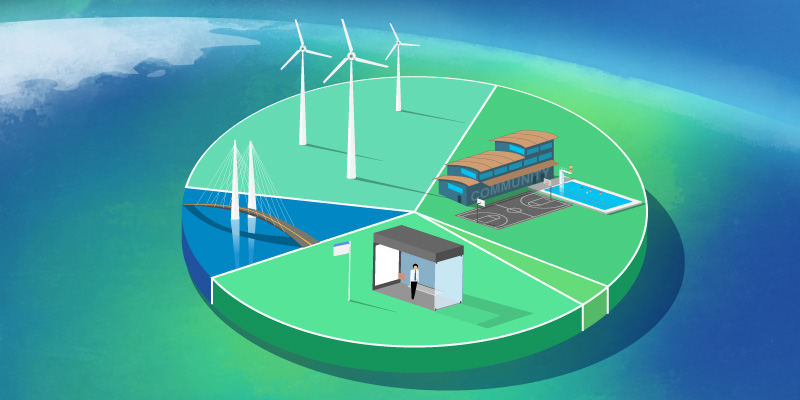The prime minister is making the rounds, pledging money for various public transportation projects.
transportation infrastructure
More than 56 per cent of the nearly $100 billion is for so-called “green” and “social” infrastructure.
Ottawa’s so-called infrastructure spending plan includes $77 million to develop regulations for driverless cars and unmanned air vehicles.
Ottawa may hurt the economy by focusing on pet projects such as parks, cultural institutions and recreational centres.
Traffic congestion isn’t just a nuisance or environmental hazard—it’s also a significant economic harm.
Premier Notley recently commissioned a report on infrastructure financing by former Bank of Canada governor David Dodge.
The current transit plebiscite, conducted by mail-in ballot across Metro Vancouver, asks whether residents are willing to support a 0.5 percentage point increase to the Provincial Sales Tax, which would generate an extra $250 million to help fund $7.5 billion worth of transportation projects tabled by the Mayors’ Council.
This spring’s mail-in plebiscite will essentially ask Metro Vancouver voters if they’re willing to pay $250 million more in sales taxes each year to fund the $7.5 billion expanded transit system proposed by a council of the region’s mayors.


